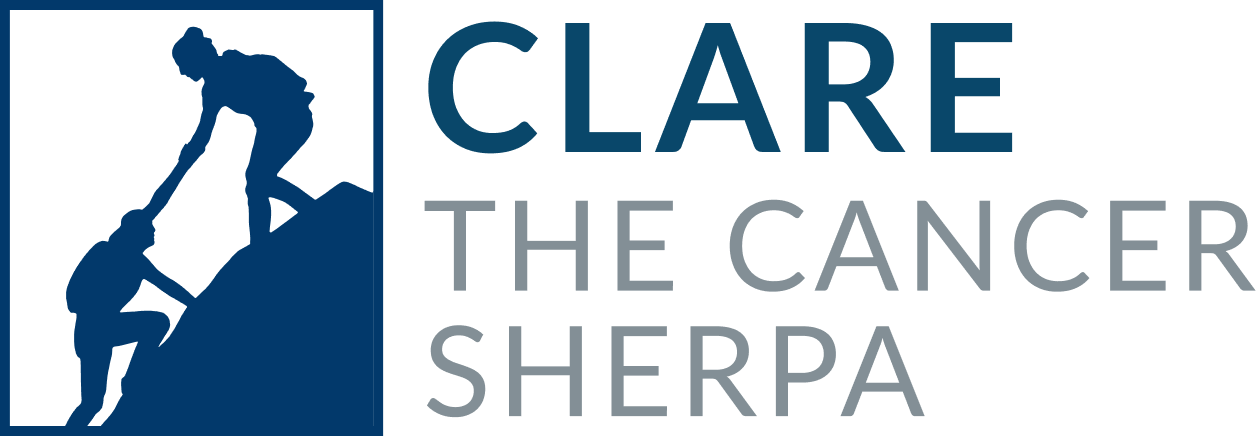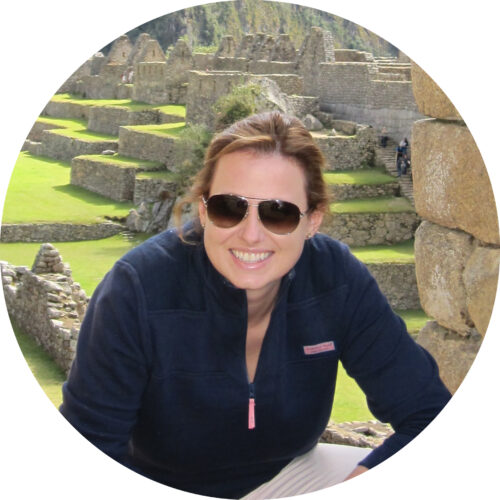Written by Ronny Bachrach, Family Advisory Council Member, Boston Children’s Hospital
When you hear hoofbeats, think of horses, not zebras, med students are often instructed. But rare diseases are all about zebras.
Celebrated every year on the last day of February, we honor the 350 million people worldwide who live with a rare disease.
With nearly 10,000 known rare diseases, it’s considered rare if it impacts fewer than 200,000 individuals in the US. That’s one in 10 or 25-30 million Americans; more than half of those are children. Actually, all pediatric cancers are considered rare diseases.
Rare diseases can be challenging and time-consuming to diagnose as fewer physicians may be familiar with them. That means patients spend more time with no answers and, unfortunately, suffering the effects of their untreated disease. Even when diagnosed, more than 90% of rare diseases don’t have FDA-approved medications.
That doesn’t necessarily mean that there are no treatments available but that they may be harder to obtain with many more hoops to jump through in order to have them approved for off-label use.
My five-year-old daughter Sam has a rare auto-inflammatory disease called Systemic Juvenile Idiopathic Arthritis (SJIA). Many of her medications trickle down from more conventional arthritis treatments but also the oncology and transplant world. We’ve gone through the prior authorization process countless times for various reasons. Thankfully, Sam’s care is managed by her incredible team at Boston Children’s Hospital who are incredibly adept at handling the rigorous process of denials and appeals.
Rare Disease Day offers those who suffer a day of recognition and awareness. Many use it as a way to share their stories and let their friends, families, and communities in on the challenges they face. It can acknowledge their existence, what it has taken to get to where they are today, and their daily struggle to exist in the community, at large. It can shed light on the progress that has been made and the research yet to be done to advance the quantity of effective and approved treatments. It can garner support for large rare disease organizations like the National Organization for Rare Diseases (NORD) as well as for smaller groups that represent the individual diseases.
I’m writing today to shine a light on our fellow rare disease patients and families, to acknowledge everything that you do, and help to share our stories with others. In the words of (NORD), let’s show our stripes.


